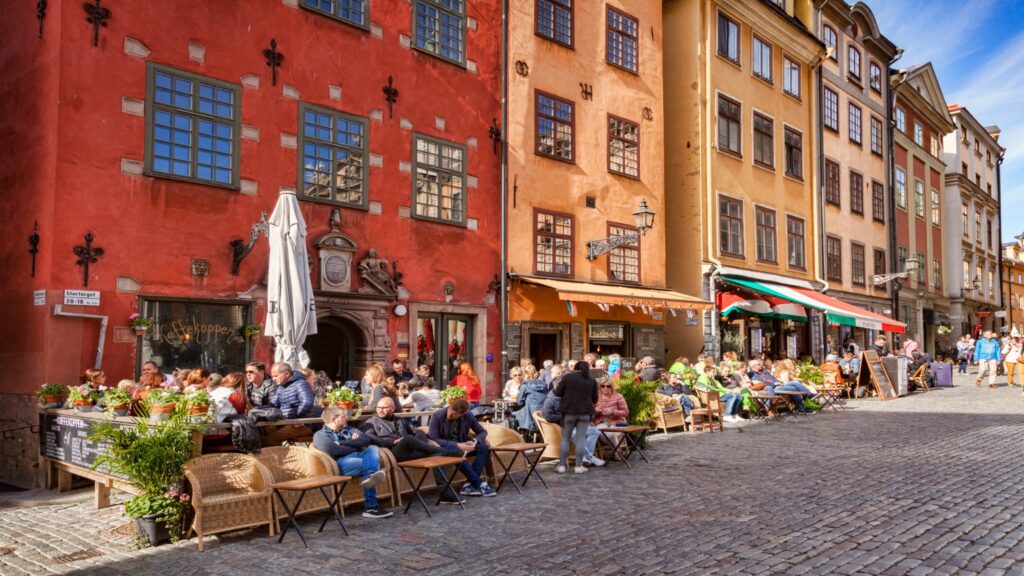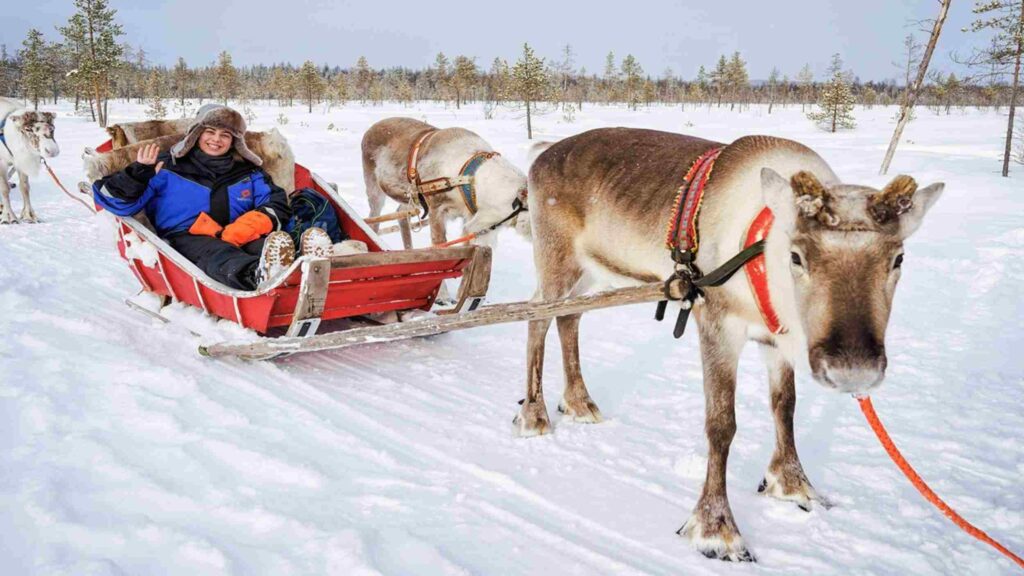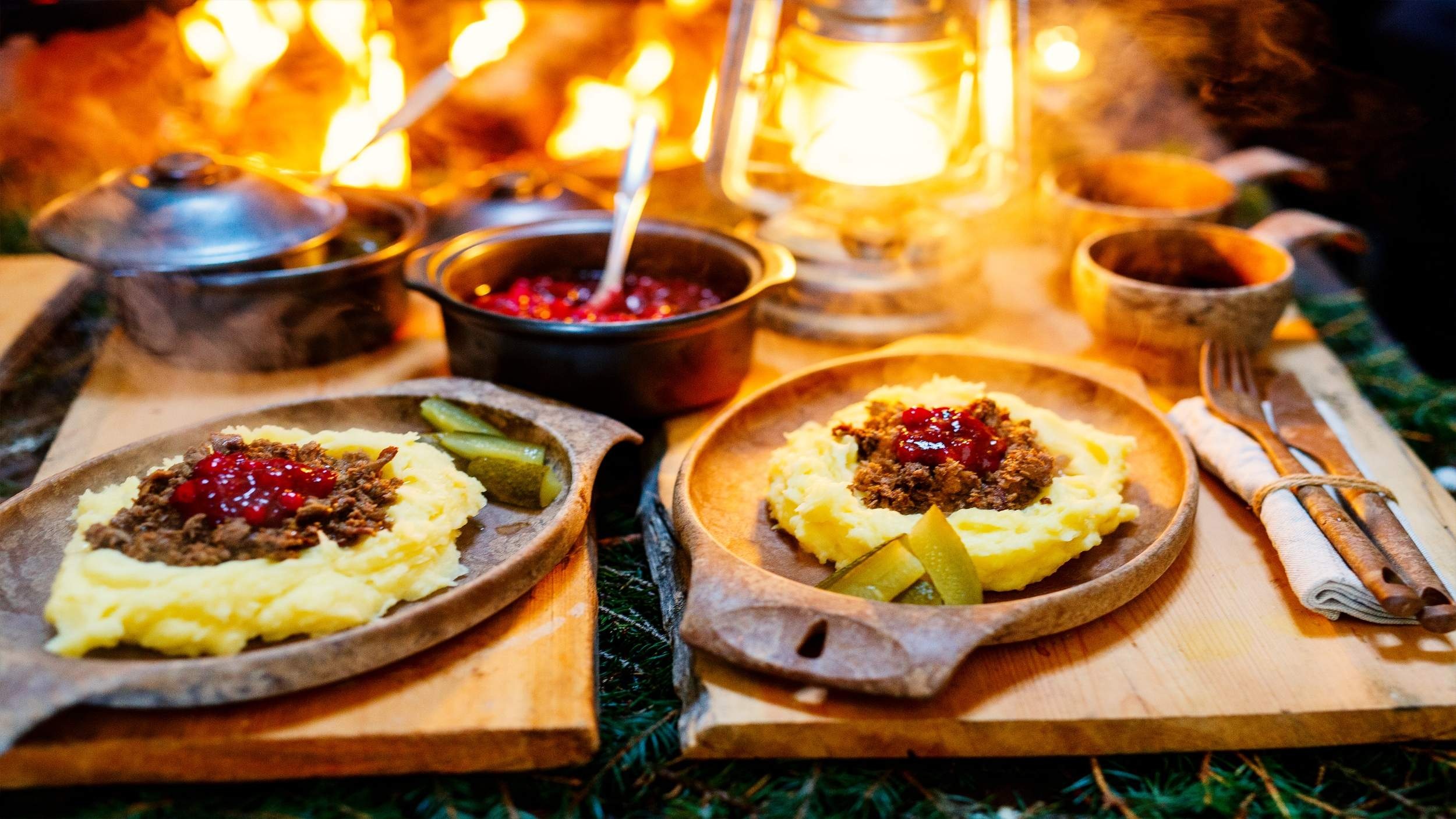
Traditional Finnish Foods: A Cultural Heritage Journey
The Nordic kitchen holds centuries of culinary wisdom in its recipes and methods. In the heart of Helsinki and Espoo, traditional Finnish foods reflect a deep connection to nature. Though each region brings its own touch to classic dishes, local ingredients shape these time-tested recipes.
Heritage Kitchen Essentials
Fresh local ingredients form the base of Finnish cooking throughout the seasons. While Turku and Tampere showcase regional variations in traditional dishes, core elements remain constant. Most importantly, wild berries and mushrooms bring forest flavours to dinner tables across the country.
The changing seasons guide Finnish cooking practices in homes and restaurants alike. Due to long winters, Oulu and Rovaniemi rely on preserved foods and hearty dishes. Even so, modern chefs keep these age-old recipes alive with fresh takes on classic methods.
Top Tip: Visit local markets early in the morning for the freshest seasonal ingredients and traditional breakfast treats.
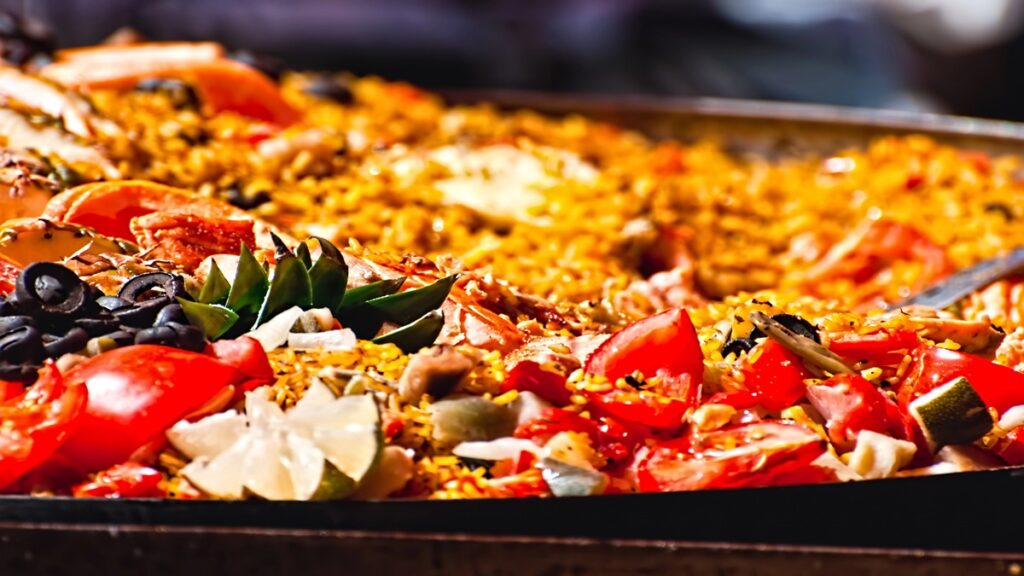
Ancestral Cooking Methods
Ancient cooking techniques still influence modern Finnish kitchens across the country. In contrast to many European cuisines, Vaasa and Kuopio maintain traditional smoking methods. At the same time, simple ingredients transform into hearty meals that warm both body and spirit.
The Nordic approach to food preparation focuses on pure, natural flavours. Though Lahti and Jyväskylä embrace modern touches, traditional Finnish foods remain at their core. Particularly in home kitchens, recipes passed down through generations preserve authentic tastes.
Interesting Fact: Traditional Finnish smoke saunas were once used to preserve meat and fish through the winter months.
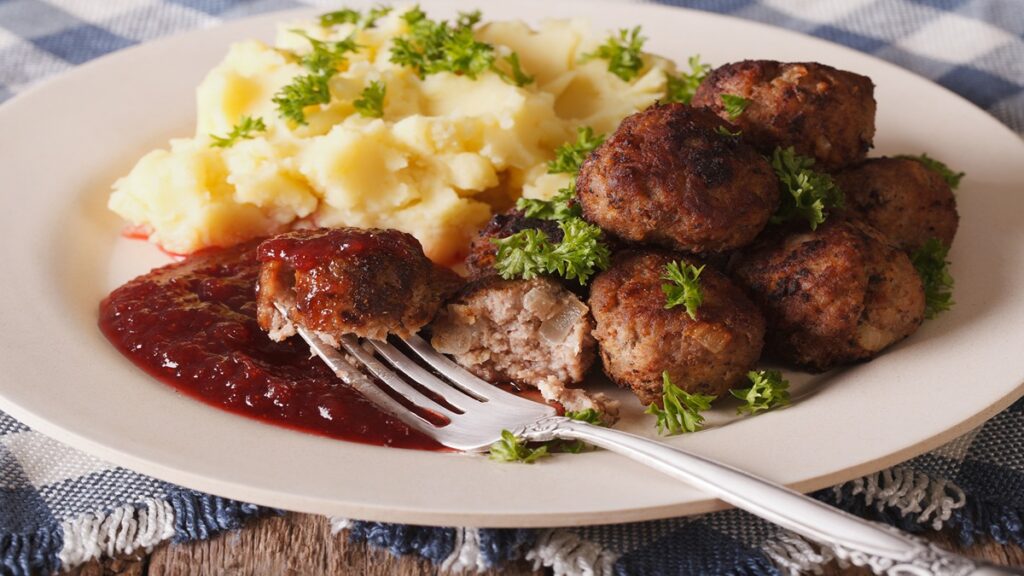
Exploring Popular Finnish Food Favourites
The simple combination of fresh ingredients creates memorable meals in Finnish kitchens. In bustling markets across Helsinki and Porvoo, local specialties draw food lovers year-round. Though each city adds its own touch, traditional Finnish foods remain at the heart of daily meals.
Classic Finnish Dishes
The humble potato plays a starring role in countless Finnish recipes across the country. While Tampere and Turku offer their own takes on classic dishes, certain elements stay unchanged. Most importantly, simple ingredients transform into filling meals that tell stories of Finnish culture.
Local fish dishes bring Baltic flavours to Finnish dinner tables throughout the year. Due to coastal location, Vaasa and Rauma specialise in traditional herring preparations. Even so, each region adds unique touches to these time-tested recipes.
Top Tip: Try lohikeitto (salmon soup) on chilly days – most local restaurants serve their own special version.
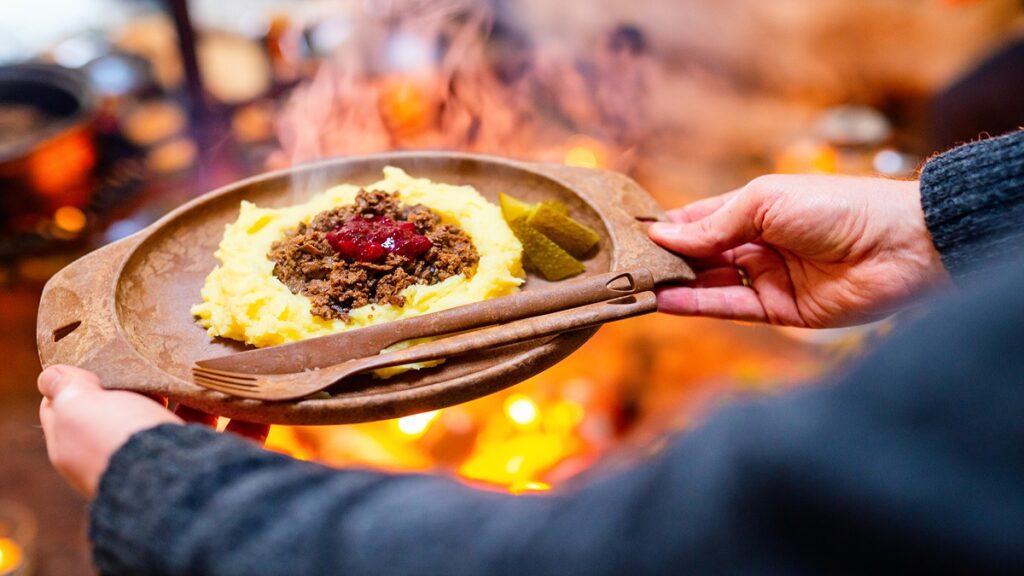
Traditional Meal Components
Fresh rye bread forms the foundation of Finnish meals across the northern regions. In contrast to lighter European breads, Joensuu and Kuopio make dense, dark loaves. At the same time, wild berries and mushrooms complement these hearty staples.
The forest bounty fills Finnish plates with natural flavours throughout changing seasons. Though Rovaniemi and Oulu face long winters, traditional Finnish foods stay constant. Particularly in autumn, wild ingredients bring colour and taste to everyday meals.
Interesting Fact: Finnish rye bread stays fresh for weeks and was historically baked only twice a year.

Traditional Finnish Foods: From Sweet to Savoury
The rich variety of Finnish desserts showcases the natural sweetness of Nordic berries. In the cosy cafes of Helsinki and Turku, traditional pastries tell stories of Finnish baking heritage. Though each bakery has special recipes, traditional Finnish foods bring comfort throughout the year.
Sweet Finnish Traditions
The morning light fills local cafes as bakers prepare traditional pulla bread. While Tampere and Porvoo offer regional takes on sweet treats, some things never change. Most importantly, cinnamon and cardamom scent the air in bakeries across the country.
Fresh berry tarts brighten display cases in cafes during summer months. Due to abundant wild berries, Kuopio and Jyväskylä create stunning seasonal desserts. Even so, traditional recipes guide how these natural ingredients become sweet treats.
Top Tip: Visit local cafes between 2-4 pm for freshly baked afternoon pulla and coffee.
Traditional Sweet Flavours
Wild berries bring natural sweetness to Finnish desserts throughout the year. In contrast to heavy puddings, Lahti and Oulu prefer light, fruit-based treats. At the same time, traditional methods ensure these sweets maintain their authentic taste.
The baking tradition stays strong in homes and cafes across Finland today. Though Vaasa and Rovaniemi add modern twists, traditional Finnish foods remain unchanged. Particularly in winter, these sweet comforts bring warmth to dark days.
Interesting Fact: Finns eat more pastries per person than any other nation in the world.
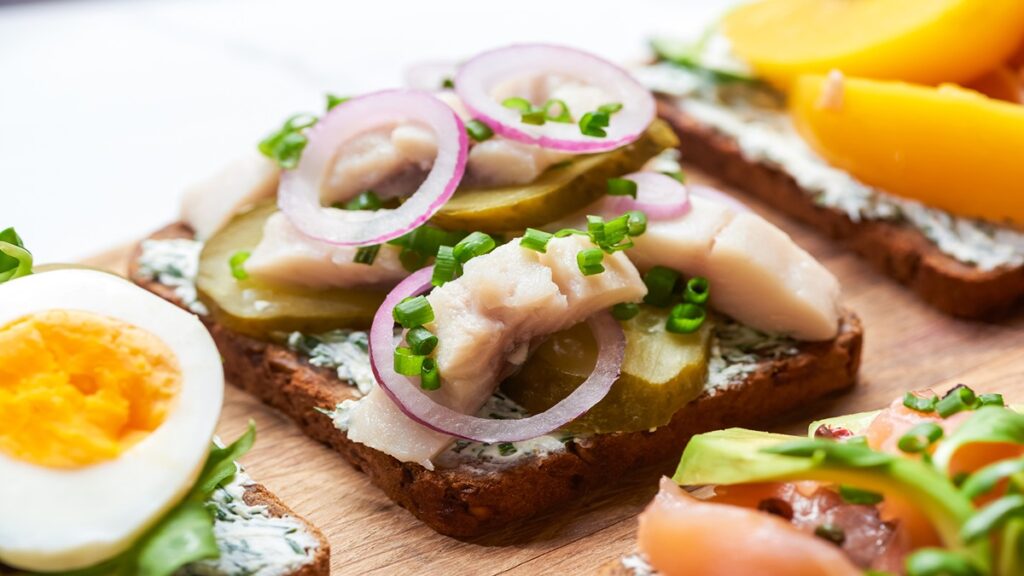
Finnish Food Culture: Time-Honoured Traditions
The dining rituals form a central part of Finnish daily life and celebrations. In family homes across Helsinki and Espoo, traditional Finnish foods unite generations at shared tables. Though modern life moves quickly, mealtimes remain sacred moments for connection and conversation.
Mealtime Customs
The morning starts with a hearty breakfast spread in Finnish households today. While Tampere and Vantaa embrace contemporary dining trends, traditional habits persist strongly. Most importantly, families gather for shared meals despite busy modern schedules.
Fresh coffee scents fill homes as Finns maintain their daily coffee traditions. Due to strong cafe culture, Turku and Oulu boast countless cosy meeting spots. Even so, home-cooked meals remain at the heart of Finnish food customs.
Top Tip: Join a Finnish family dinner to experience the traditional custom of ‘kiitos ruoasta’ – thanking for food.
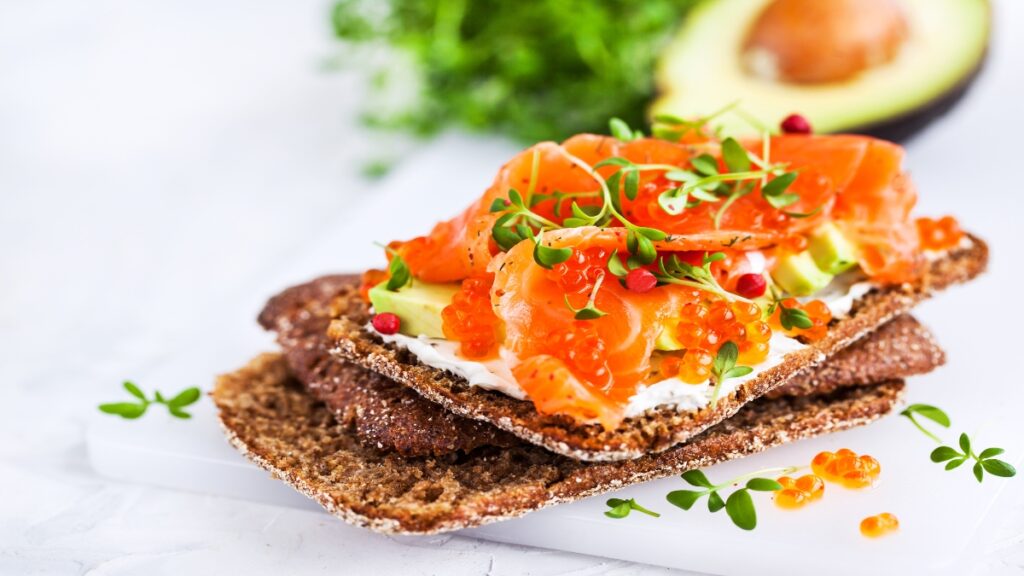
Daily Dining Practices
Seasonal changes shape Finnish eating patterns throughout the turning year. In contrast to southern Europe, Jyväskylä and Lahti keep earlier dinner times. At the same time, traditional recipes adapt to available ingredients each season.
The weekend brings special touches to Finnish family dining tables nationwide. Though Kuopio and Rovaniemi add regional flair, traditional Finnish foods stay central. Particularly during holidays, time-honoured recipes bring families together.
Interesting Fact: Finnish schools provide free traditional lunches to all students, a practice since 1948.
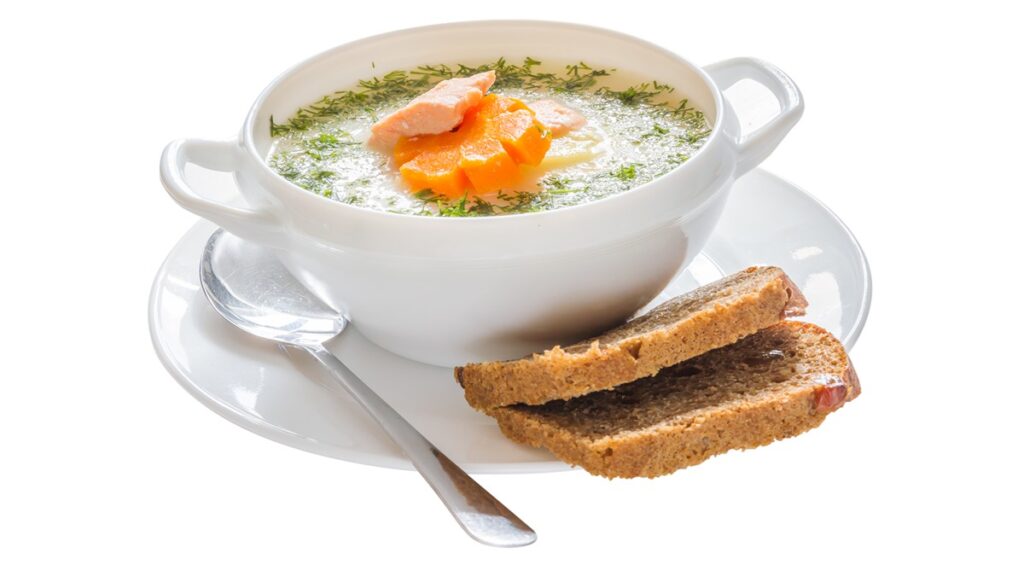
Traditional Finnish Foods: Your Complete Guide
The Nordic kitchen holds secrets of simple yet satisfying meal preparation. In family kitchens across Helsinki and Tampere, time-tested recipes come alive each day. Though modern trends influence dining, traditional Finnish foods remain deeply rooted in daily life.
Essential Finnish Ingredients
Forest paths yield natural treasures that shape Finnish cooking throughout the year. While Turku and Oulu showcase seasonal ingredients in markets, core elements stay constant. Most importantly, wild berries and mushrooms bring authentic flavours to Finnish tables.
Fresh local fish features prominently in coastal town recipes across the country. Due to their location, Vaasa and Pori specialise in traditional Baltic herring dishes. Even so, each region adds unique touches to these time-honoured preparations.
Top Tip: Visit the covered market halls in autumn to find wild mushrooms and fresh lingonberries.
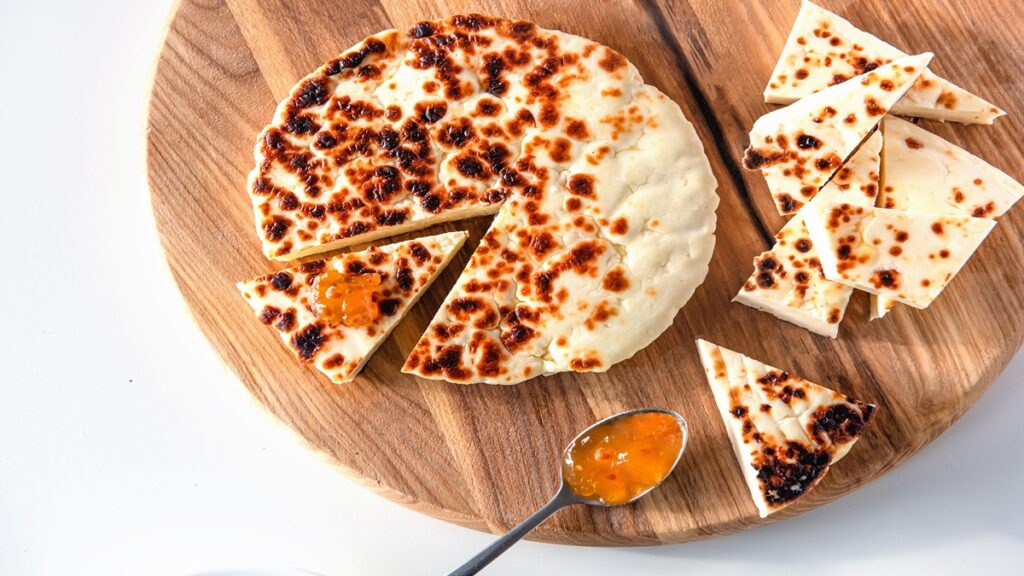
Traditional Cooking Methods
Ancient techniques preserve Finnish culinary heritage in modern home kitchens today. In contrast to quick-cooking trends, Rovaniemi and Kuopio maintain slow-food traditions. At the same time, smoking and curing methods keep traditional tastes alive.
The seasonal rhythm guides food preparation in Finnish homes throughout the year. Though Lahti and Jyväskylä embrace new ideas, traditional Finnish foods stay unchanged. Particularly in winter, preserved ingredients create hearty, warming meals.
Interesting Fact: Traditional Finnish root cellars kept vegetables fresh through winter months for centuries.

Market Halls: Finnish Food Discovery
The bustling markets showcase Finland’s rich culinary traditions throughout changing seasons. In historic halls across Helsinki and Turku, traditional Finnish foods fill stalls with colour and aroma. Though each market has its character, local ingredients remain the star attraction.
Historic Market Culture
The morning light streams through century-old windows onto fresh produce displays. While Tampere and Oulu maintain vibrant market traditions, each hall tells unique stories. Most importantly, these gathering places keep Finnish food culture alive throughout the year.
Fresh local produce fills wooden stalls in markets across the country today. Due to seasonal changes, Kuopio and Vaasa offer varying regional specialties. Even so, traditional recipes guide how these ingredients become beloved dishes.
Top Tip: Visit Finnish market halls before noon to find the freshest selection of traditional breakfast pastries.
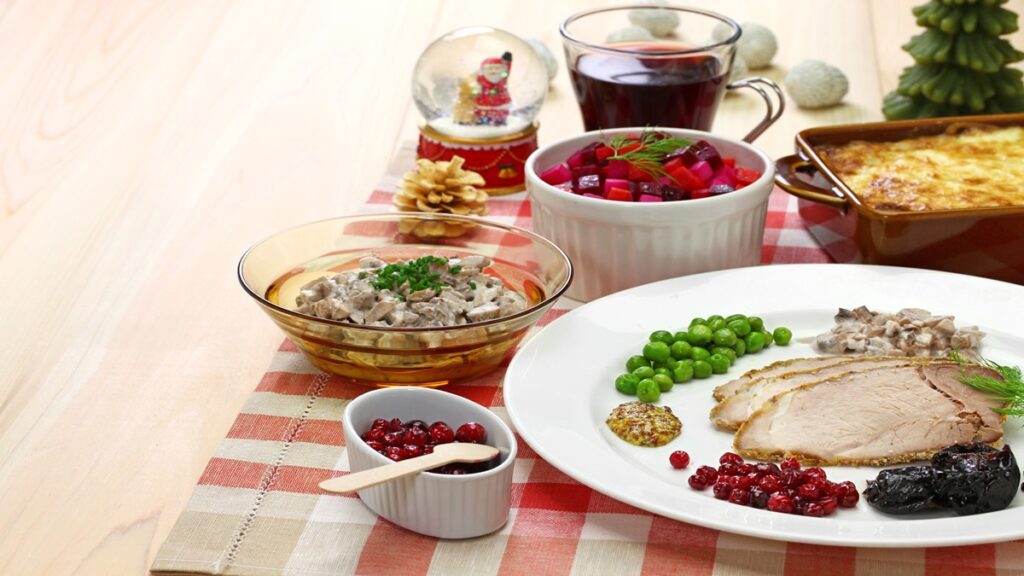
Market Hall Specialties
The vendor stalls showcase generations of Finnish food knowledge and skill. In contrast to modern supermarkets, Pori and Lahti preserve traditional market culture. At the same time, each region’s special dishes find their place among the displays.
The friendly atmosphere makes market halls central to Finnish food shopping today. Though Joensuu and Rovaniemi add northern touches, traditional Finnish foods remain unchanged. Particularly in winter, these indoor markets provide warm gathering spaces.
Interesting Fact: Helsinki’s Old Market Hall has served traditional Finnish foods since 1889.
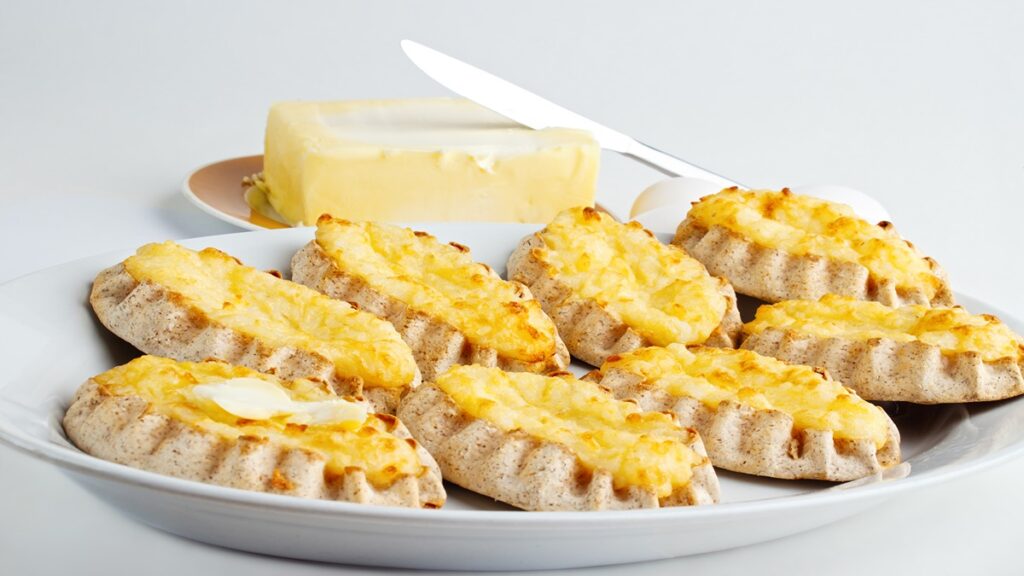
Traditional Finnish Foods Across Nordic Regions
The vast landscapes of Finland shape distinct regional cooking styles and traditions. In northern towns across Rovaniemi and Oulu, traditional Finnish foods reflect harsh winter conditions. Though each area adds local touches, certain flavours connect all Finnish kitchens.
Regional Food Heritage
The northern forests provide unique ingredients for traditional Finnish cooking methods. While Kuopio and Joensuu celebrate lake fish specialties, coastal areas offer different tastes. Most importantly, each region adds its own stamp to national dishes.
Local specialties shine in different corners of this Nordic nation today. Due to varied landscapes, Tampere and Turku maintain distinct culinary identities. Even so, shared traditions connect Finnish food culture across regions.
Top Tip: Try each region’s version of traditional meat soup – every area has its own special recipe.
Local Food Variations
Each region brings unique touches to Finland’s traditional food heritage today. In contrast to southern cities, Kemi and Kajaani embrace heartier northern dishes. At the same time, core cooking methods remain similar across the country.
The changing landscape influences regional takes on traditional Finnish recipes nationwide. Though Helsinki and Espoo offer modern twists, age-old preparation methods stay strong. Particularly in remote areas, distinct local flavours enrich national dishes.
Interesting Fact: Lapland’s traditional reindeer dishes date back over 500 years.

